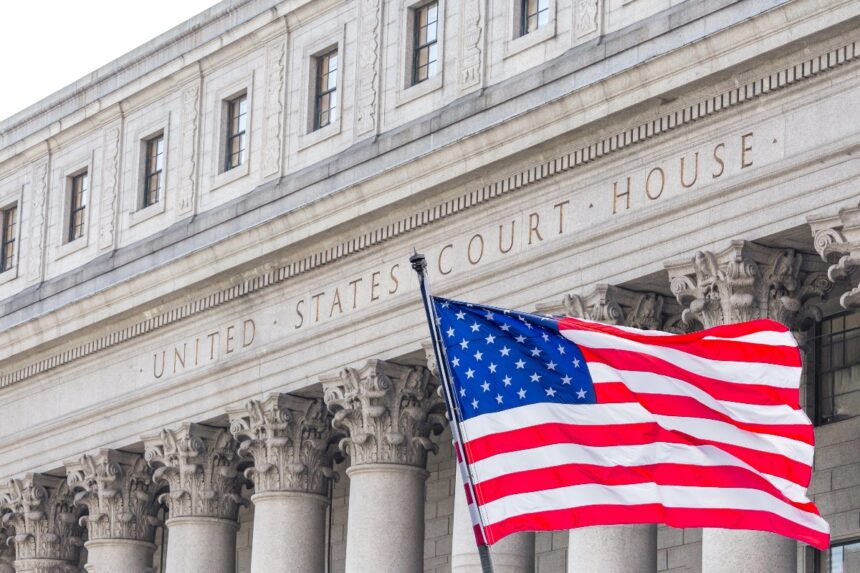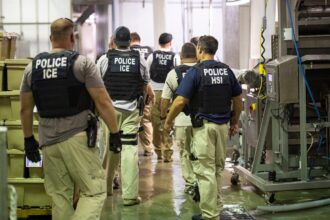On June 27, 2025, the U.S. Supreme Court issued a crucial ruling that marks a turning point in the debate over birthright citizenship.
With a conservative majority of 6 to 3, the highest court did not directly evaluate President Donald Trump’s decree, but it did give the green light for the executive order, currently suspended, to move forward after lifting the blockades of lower courts. This decision could affect thousands of migrant families in the US.
What does the ruling imply?
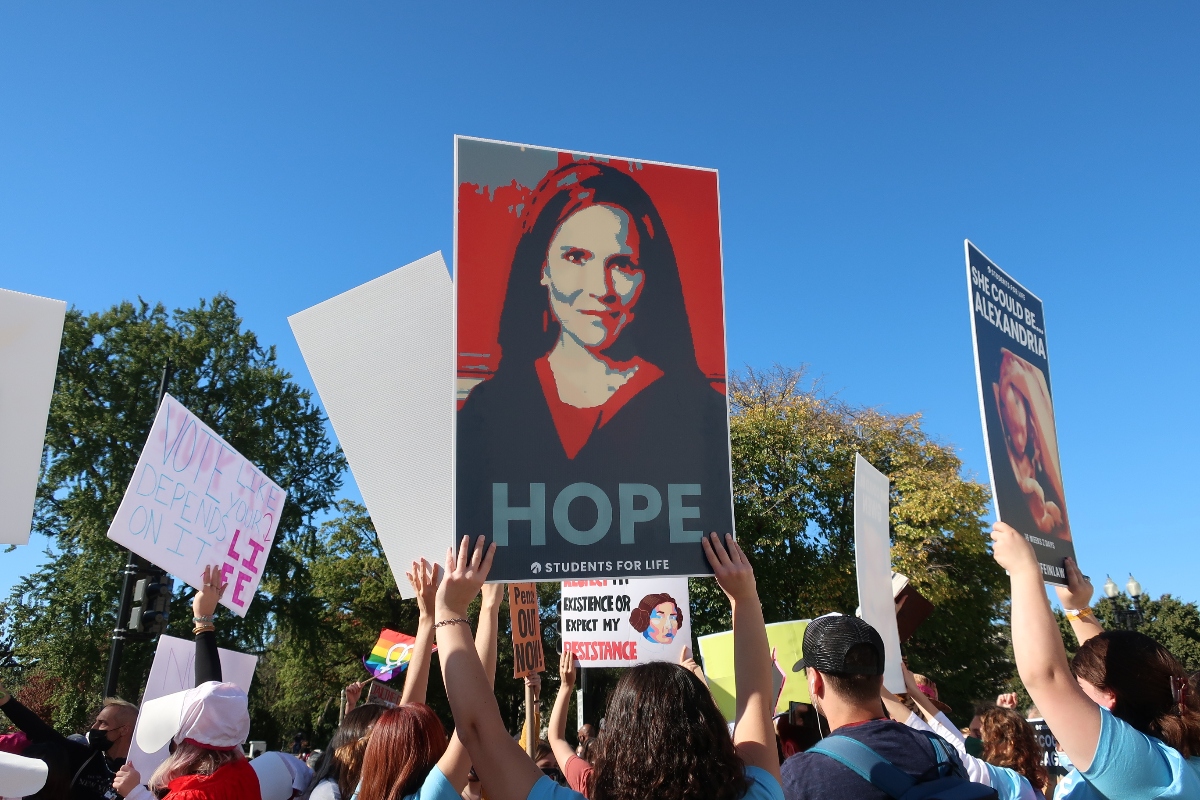
The Court declared neither constitutional nor unconstitutional Trump’s order seeking to deny automatic U.S. birthright citizenship to parents who are undocumented or on temporary visas.
Instead, the ruling focused on limiting the authority of lower federal courts to issue nationwide injunctions against executive decisions.
Conservative Judge Amy Coney Barrett argued that courts should not exceed their functions:
“They do not exercise general supervision over the executive branch,” he wrote in the majority opinion.
Thus, the order, although still on pause, may enter into force within 30 days of this ruling.
Trump’s reaction: “Great victory”.
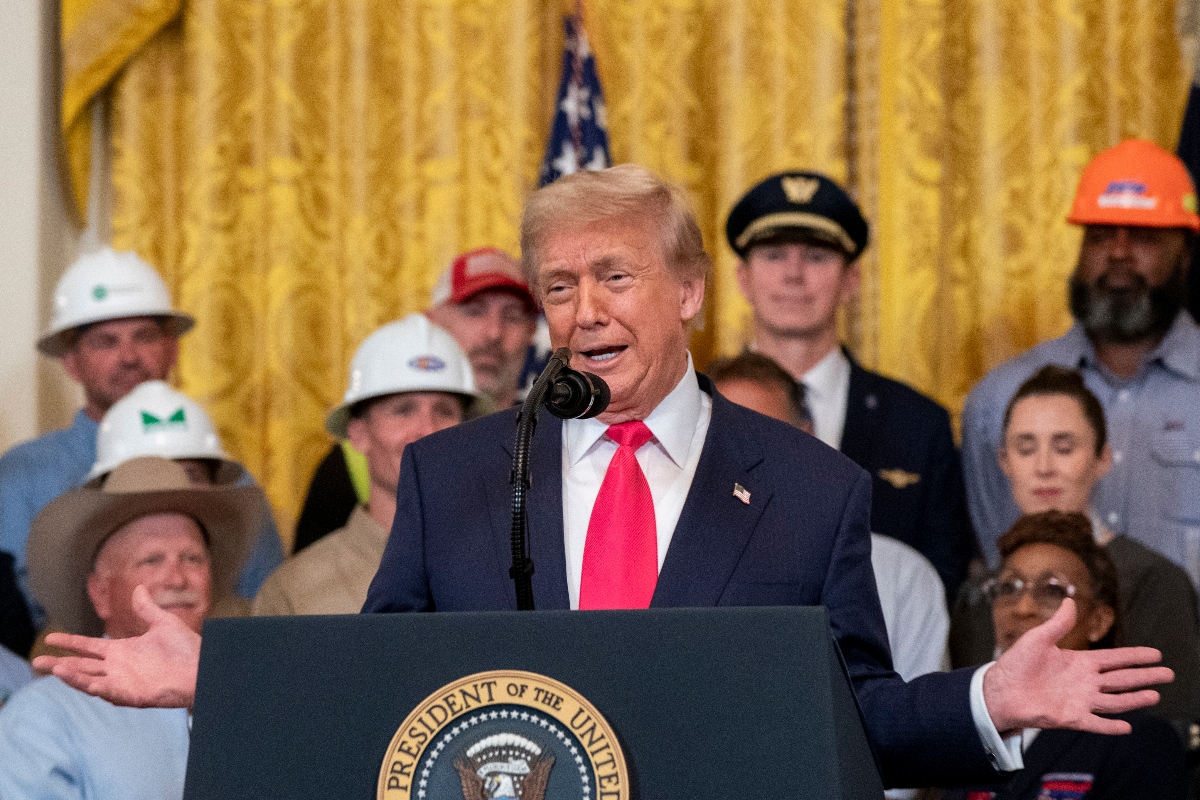
Donald Trump enthusiastically celebrated the decision from the White House and on his Social Truth network, where he wrote:
“BIG VICTORY at the U.S. Supreme Court! Even birthright citizenship fraud has been, indirectly, hit hard.”
In an appearance alongside Attorney General Pam Bondi, Trump thanked the judges for “solving this very complex problem.”
He also stated that this decision represents a step forward for many of his government’s priorities.
According to the president, his administration will now be able to push forward policies that had been blocked, such as:
Eliminate funding to sanctuary cities
Restrict refugee resettlement
Suspend publicly funded funding for transgender surgeries
Trump also insisted that the 14th Amendment was drafted with another context in mind:
“That right was intended for slave babies, not for the children of thousands of people who illegally cross our borders today,” he told the media.
Possible consequences
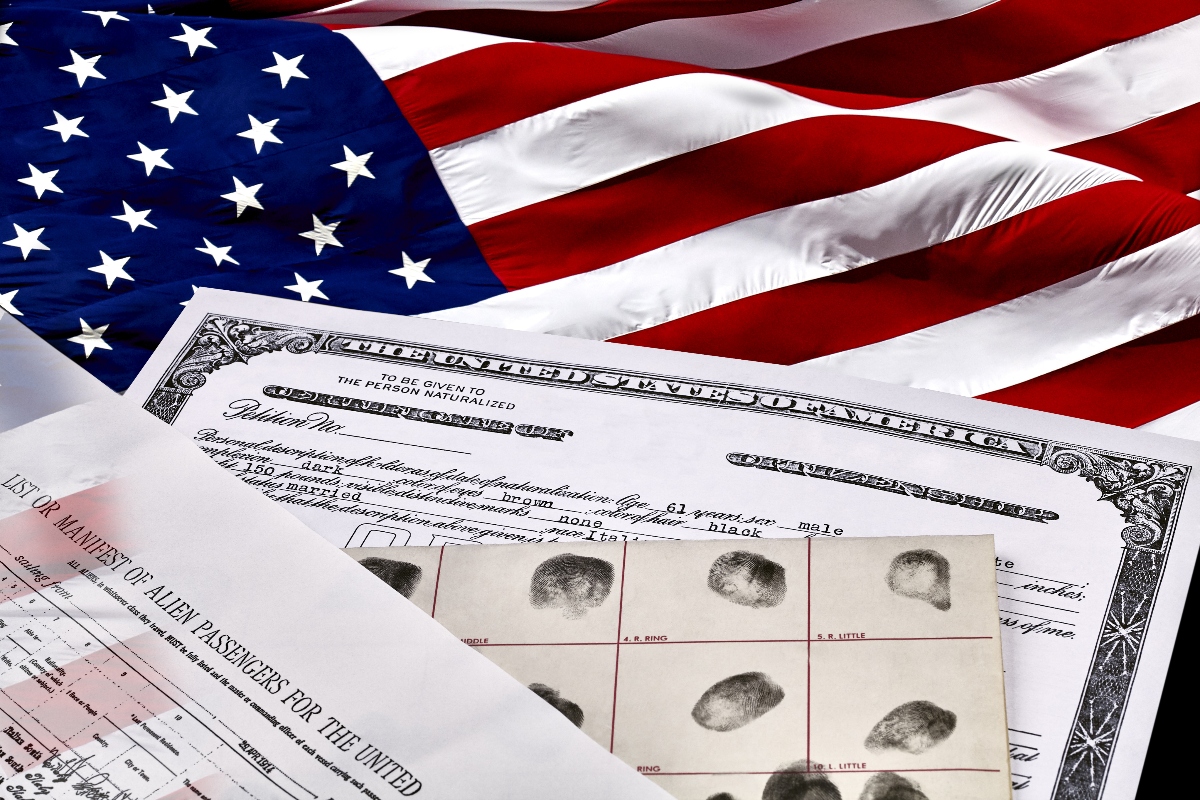
The impact would be significant:
about 255,000 babies born each year in the U.S. could be affected if the policy goes into effect, according to the Migration Policy Institute.
The ruling also opens the door for similar future orders that could bolster Trump’s immigration agenda during his second term.
Liberal Justices Sonia Sotomayor and Ketanji Brown Jackson publicly dissented.
Sotomayor declared that the ruling “renounces the vital role” of the Court as guardian of the rule of law.
Jackson, for his part, accused the government of “wanting to exercise arbitrary power” by ignoring constitutional limits and focusing on judicial technicalities.
Both insisted that the right to birthright citizenship is protected by the 14th Amendment and cannot be altered without a constitutional amendment.
They do not exercise general oversight over the executive branch
What can those affected do?
The 30-day delay before entry into force opens a key window.
Legal experts suggest that class action lawsuits could be filed, a strategy that could slow down the implementation of the order.
Migrant rights organizations are already preparing campaigns to inform the community and provide legal assistance.
For more information, visit QuéOnnda.com.



